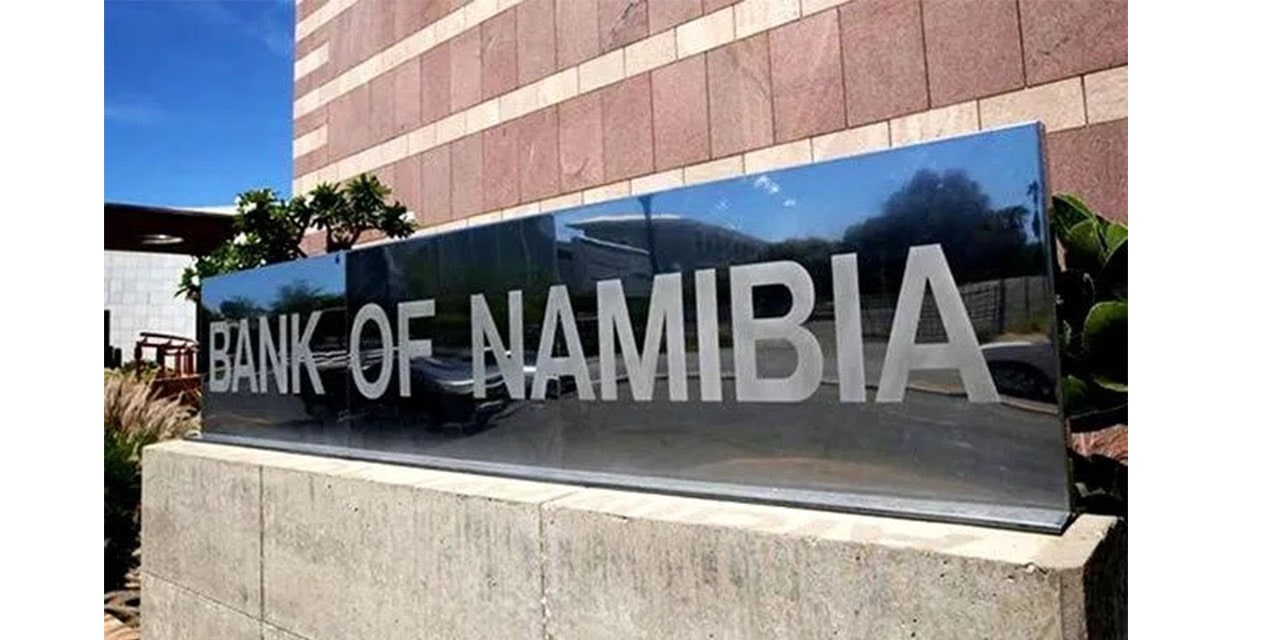Martin Endjala
The Bank of Namibia (BoN) has successfully concluded its Monetary Policy Strategy session, a landmark event aimed at fortifying the understanding and implementation of monetary policy within the country.
The session, held on 15 February 2024, brought together key stakeholders including members of the Bank’s Monetary Policy Committee (MPC), Board members and essential staff members.
The primary objective of the session was to educate and sensitise participants on the intricate process of formulating monetary policy at the Bank of Namibia.
Drawing insights from its sister central banks such as the South African Reserve Bank and the Bank of Botswana, as well as international experts, the event provided a comprehensive platform for discussion and learning.
The MPC Strategy session served as a platform for robust discussions on the past, present, and future of monetary policy in Namibia.
Participants engaged in critical dialogue surrounding the challenges and opportunities that lie ahead, with a keen focus on enhancing the efficacy of monetary policy instruments and frameworks.
Bank of Namibia Governor Johannes !Gawaxab commended the participants for their active engagement and reiterated the Bank’s commitment to maintaining price stability and fostering sustainable economic growth.
“As we convene to navigate the complexities of steering our nation’s monetary policy amidst a myriad of challenges, it is imperative to acknowledge the significance of our roles in guiding the economic trajectory of our open, small economy,”!Gawaxab said.
He stated that the deliberations take on heightened importance against a backdrop of geopolitical tensions, resurfacing inflationary pressures, and the emergence of disruptive technologies such as Artificial Intelligence (AI), along with the risks posed by climatic swings.
He said the bank is committed to leveraging collective expertise and insights to ensure that the monetary policy remains adaptive and responsive to the evolving global landscape, thereby fostering macroeconomic stability and driving sustainable economic growth for the prosperity of all Namibians.
The Governor reiterated the Bank’s view that the benefits of the current exchange rate regime outweigh the costs and maintained that the Bank of Namibia will continue to safeguard the one-to-one link between the Namibia Dollar and the South African Rand.
Speaking at the sessions was Professor Martin Grandes, of Economics at the University of Buenos Aires, in Argentina, who explored the intricate considerations involved in selecting an optimal exchange rate regime.
His expertise provided attendees with valuable perspectives on navigating the complexities of exchange rate management in an increasingly interconnected global economy
Professor Ricardo Hausmann, Founder and Director of Harvard’s Growth Lab, delved into the international experiences surrounding currency pegs.
Hausmann underscored the perils associated with unsustainable currency pegs, citing the printing of money as a primary catalyst for economic turmoil. He provided a sobering reminder of the critical importance of sound monetary policy principles.




